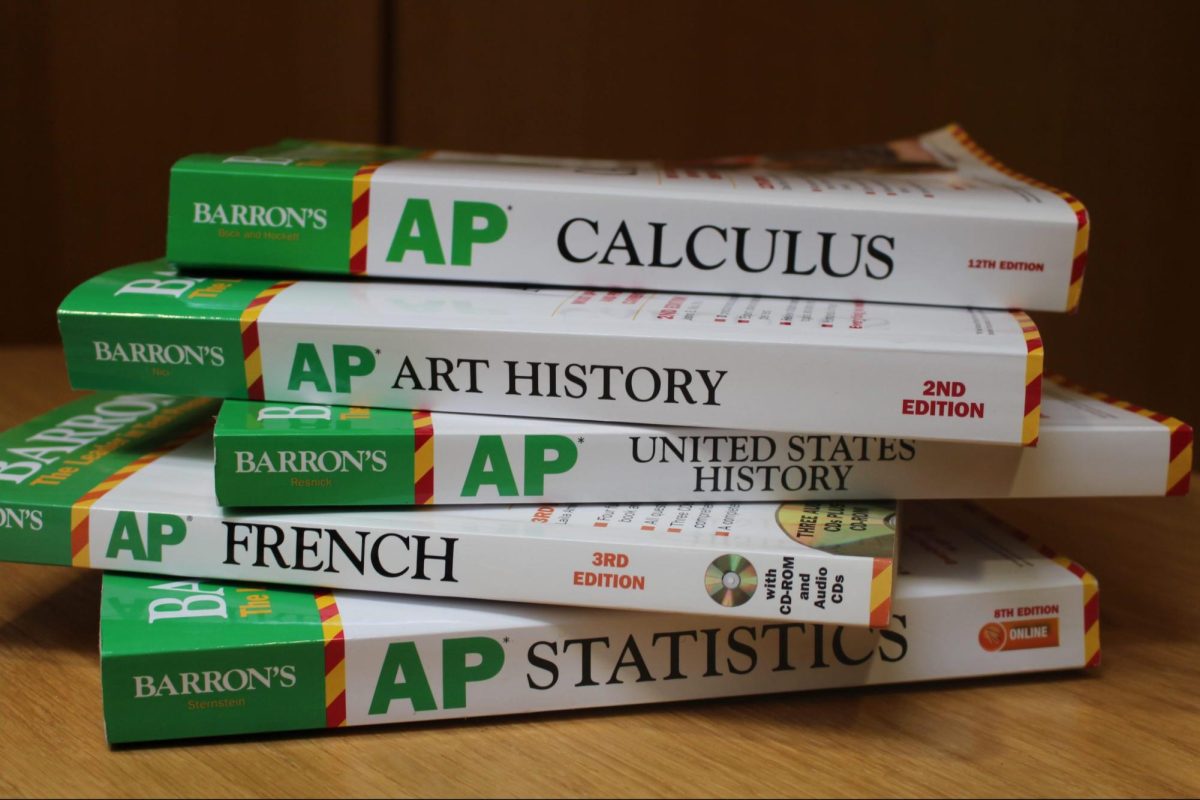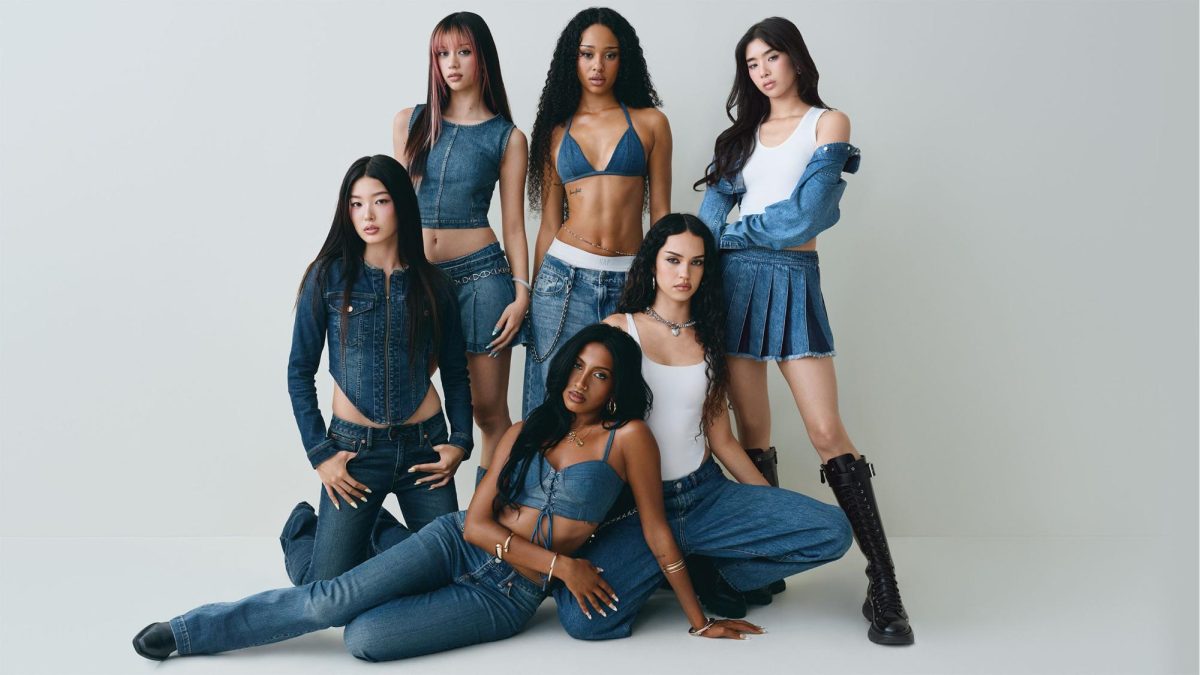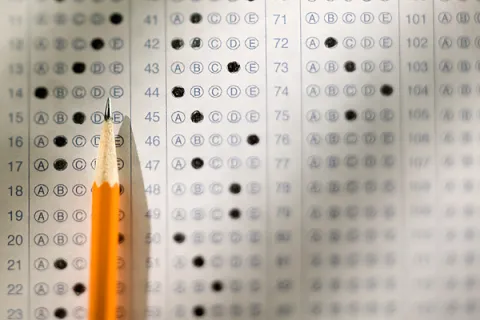In a city with well over 100,000 residents and only one public high school, it is easy for students to get funnelled into the Cambridge school systems––from twelve elementary schools, to four middle schools, to one public high school––without ever finding their passion. As college admissions become more competitive, there is debate among students, parents, and educators about how students can stand out in their educational journey. At CRLS, the semester system encourages students to collect as many resume-building AP classes as they can, although some say this discourages students from taking courses which they are passionate and curious about. With hundreds of classes and even more students, there is limited advice and guidance that students and parents can receive about classes, leading them, like me, to sign up for anything that begins with “AP.” This can lead to many new, positive experiences. Without the “AP” label, I never would have taken AP African American Studies, and I’m so glad that I did. However, APs aren’t always the best answer, especially if you’re taking them for college instead of yourself.
As someone that has taken nine AP classes and three Harvard Extension courses in the past two years, I can confidently say that for me, a student deeply interested in history, english, and social sciences, taking AP Chemistry was a mistake. It wasn’t a mistake because it was too hard or because I couldn’t study effectively or because I didn’t manage to score well on the AP exam. It was a mistake because, despite taking the course at an Advanced Placement level, I learned almost nothing. This isn’t a problem that stems from my teacher or myself, but from the very core of the AP concept: The class moved at a pace that was too fast for me to take the time to understand the content, despite my constant attempts to do so. Having only from the beginning of September to the first week of May to learn nine units, the course moves at a very fast pace. While AP Chemistry is a full year class, almost every other CRLS AP, with the exception of AP Biology, and AP Calculus, lasts for only a semester, leaving teachers and students scrambling to try to learn what is intended to be a full year class in half the time.
AP classes don’t work for every learner, and they’re not always necessary. In fact, there are many ways to stand out academically beyond AP classes, such as completing internships in fields of interest. For example, being so close to Harvard, there are an incredible amount of opportunities offered to CRLS students, such as the Student Research Mentoring Program (SRMP), an astrophysics internship collaboration between Harvard, CRLS, and Smithsonian. Outside of CRLS, there are other opportunities, such as Youth in Policy, or the Massachusetts Association of Student Representatives that allow students to engage in their interests and make meaningful change without limiting their academic curiosity or learning.
Overall, there are many questions about the best way to stand out at CRLS. While AP classes might be right for some, they aren’t the only way to achieve what you want, even if what you want is to attend an Ivy League institution. Encouraging true learning, curiosity, and academic exploration should be the goal of the school and should be encouraged by teachers and guidance counselors through communication and support.













